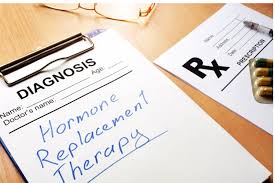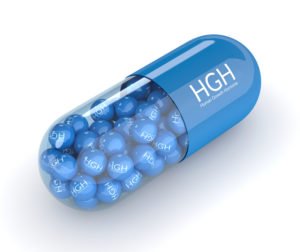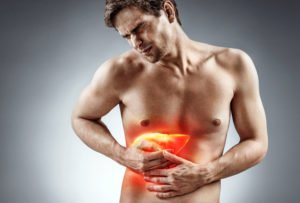
Every medical treatment has the possibility of side effects. As to whether HGH can cause kidney problems, the Mayo Clinic does not list kidney problems on its list of known risks of HGH treatments. The opposite might be true. Low HGH levels might have a connection with kidney disease.
Research in the medical journal, Cardiorenal Medicine, shows that some people with human growth hormone (HGH) deficiency develop kidney disease. The doctors treated these patients with growth hormone (GH) replacement therapy.
A clinical trial evaluated whether adults with chronic kidney disease could benefit from GH treatment. The study took place in Denmark, Germany, Hong Kong, Israel, Poland, Singapore, Sweden, Switzerland, and the United Kingdom. The researchers published the results in the Journal of American Society of Nephrology.
The study concluded that giving kidney patients growth hormone treatment for six months while they also had dialysis treatments was safe and improved their:
- Quality of life
- Lean body mass
- Nutritional health
- Cardiovascular risk
Researchers recommended long-term studies to evaluate how HGH might reduce the morbidity and mortality rates in kidney dialysis patients. Although HGH does not cause kidney problems, it might improve life for people with chronic kidney disease.
The Form of HGH Matters
The only known effective form of HGH is by injection. There is no evidence that pills, powders, shakes, and all other non-injectable substances are effective.
Consider the Source
People should only get HGH from reputable sources. The only way a person can legally get HGH in the United States is by prescription.
For a free consultation, call (305) 682-1818
Reasons That Doctors Prescribe HGH Therapy
Growth hormone deficiency is a legitimate reason for a doctor to prescribe HGH replacement treatment. According to the Mayo Clinic, growth hormone deficiency is one form of hypopituitarism, a medical condition in which the tiny gland at the base of the brain stops making enough hormones.
The pituitary makes several different hormones, including growth hormone. The hypothalamus works with the pituitary to make this essential hormone. Growth hormone helps regulate multiple body functions and tissues.
Symptoms of human growth hormone deficiency typically develop slowly over months or years, and include:
- Chronic exhaustion
- Increased fat accumulation around the midsection of the body
- Decreased muscle mass and muscle weakness
- Loss of motivation and interest in social activities
Many of these symptoms improve with growth hormone treatments, which involve injections of HGH. The Mayo Clinic says that HGH injections can help people with growth hormone deficiency by:
- Improving the body’s ability to break down fat
- Rebuilding lost muscle mass
- Reshaping the body (from a “middle-aged” body to a leaner, more fit build)
- Increasing bone density lost due to GH deficiency
- Improving the individual’s stamina for and results from exercise
Unlike children with GH deficiency, HGH treatment will not make adults with GH deficiency taller.
What Can Happen When Growth Hormone Deficiency Goes Untreated
The Mayo Clinic reports that GH deficiency worsens over time. Adults with untreated GH deficiency can expect to gain more fat, lose more muscle mass, and have a higher risk of fractures due to brittle bones. As one’s body shape continues to deteriorate with more fat accumulation around the waist and less muscle mass, self-esteem and body image can plummet.
Lack of motivation can escalate into chronic depression and increased social isolation. The loss of ambition can extend to a person’s business and career. People who controlled their weight through regular exercise and a nutritious diet can experience a feeling of hopelessness when those measures no longer help them maintain the body they want.
The chronic fatigue and muscle weakness that can accompany growth hormone deficiency can make it harder for a person to exercise. When they do complete a workout, it does not achieve the same results as before. A person’s health, lifestyle, and quality of life can spiral downward.
Click to contact our specialist today
Getting an Evaluation for HGH Deficiency
If the symptoms sound familiar to someone reading this article, there is no reason to give up on a happy, vital lifestyle. The staff on site at HealthGAINS can perform a thorough assessment to determine if an individual has growth hormone deficiency and could benefit from HGH therapy.
At HealthGAINS, we tailor HGH treatment plans to each person’s needs and goals. Interested individuals can call (305) 682-1818 today to get started.
Call or text (305) 682-1818 or complete a Free Consultation Form







